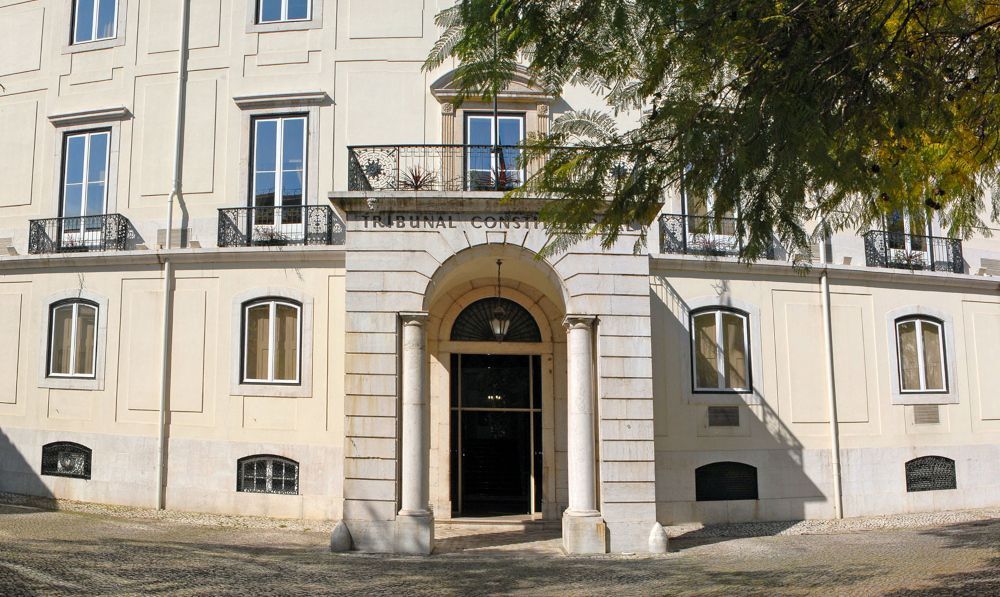“Your Honor, We Need Residency”: How Subpoenas Against AIMA Impact the Relocation Processes in Portugal

Margarida Tempera | Lawyer

Danielle Avidago | Immigration Consultant
Portugal has long been a beacon for immigrants, offering a unique blend of sunny weather, renowned safety, and an enviable quality of life. But behind the picturesque façade of cobblestone streets and sunny beaches lies a less glamorous reality: an overwhelmed immigration system struggling to keep pace with demand.
It stands to reason that the volume of applications for residence permits, passports, certificates of residence, family reunification requests, renewals of residence permits, international protection authorisations, and asylum requests that SEF (Serviço de Estrangeiros e Fronteiras, AIMA’s predecessor) received daily was considerably high.
From an overwhelmed service to its downfall, 2019 marked the year when SEF’s image would forever change. Corruption scandals dominated the headlines of Portuguese and international newspapers; criminal cases against SEF’s frontier police for misconduct towards immigrants shocked the world; and, simultaneously, Portugal experienced an immigration boom never before seen by this administrative body.
Needless to say, with all these scandals, high media attention, and more than double the usual volume of residence permit requests, SEF’s capacity and efficiency to manage this rapidly growing population declined by the day.
The Portuguese government recognised the urgent need for change: the administrative body responsible for welcoming and integrating foreigners into the Portuguese community needed a new face.
In the midst of this chaotic panorama, the Agency for Integration, Migration, and Asylum (AIMA) was born, tasked with a lofty mission: to rebuild trust, streamline processes, and tackle the growing backlog of immigration requests. Spoiler alert: it didn’t exactly go as planned.
AIMA inherited a system in chaos and had little time to catch its breath. Immigrants seeking residence permits have been left in limbo for months, sometimes years. Expired residence cards offer no hope of renewal, appointments are harder to secure than a table at a Michelin-starred restaurant, and when slots do open, they are filled within seconds.
In short, if AIMA were a product, it would come with a disclaimer: “Please be patient, we are experiencing unusually high call volumes.” Disclaimer: on repeat.
Frustrated immigrants, having exhausted emails, calls, and every available channel, are left with one last option: taking AIMA to court.
When administrative silence threatens fundamental rights, Portugal’s judicial system provides a lifeline: the ultimate “urgent complaint” that the courts cannot ignore - the Subpoena for the Protection of Rights, Freedoms, and Guarantees, a legal mechanism designed to safeguard constitutional rights.
This subpoena represents, in Portuguese Administrative Law, the pinnacle of fundamental rights protection, acting as a direct bridge between Constitutional Law and Administrative Law. It is swift, decisive, and, in theory, a game-changer.
Due to the urgency and the constant violations of fundamental rights underlying this subpoena, the legal deadlines for resolving such cases are considerably shorter than regular administrative legal actions.
Here’s how it works: a lawyer submits the initial petition, the judge has 48 hours to decide whether to accept it or request additional documents, AIMA is notified and given 7 days to respond, and the judge then has 5 days to issue a decision. If AIMA does not comply with the court’s ruling, daily financial penalties are imposed until it does. In theory, the process is designed to be quick and effective.
In practice, however, this process is no longer the speedy solution it was intended to be. Portuguese courts are now inundated with over 800 subpoenas a day.
AIMA, overwhelmed by these mass notifications, struggles to meet its deadlines, dragging on the court action for 3 to 6 months. While timeframes for subpoenas can vary based on the court’s caseload, we have recently achieved a resolution in as little as one month, demonstrating the efficiency and potential of this legal mechanism.
Despite these delays, subpoenas remain the most effective tool for immigrants seeking legal residency and the peace and stability they have long sought.
Because court-ordered cases take precedence, AIMA prioritises them over standard applications. It’s not ideal, but it works - for those willing to take the legal route.
Immigrating to Portugal shouldn’t feel like running a bureaucratic marathon, but for many, it does. Subpoenas offer a path forward, ensuring that fundamental rights are respected and that immigrants can finally settle into the life they envisioned.
If you find yourself stuck in AIMA’s silence, unable to secure your residency, know that there are ways to fight back. With the right legal support, Portugal can still become the haven you dreamed of - sunshine, safety, and all.
After all, the only drama you should face in Portugal is deciding between bacalhau or pastéis de nata.
Feel free to reach out to us. We are here to help you find your “happily ever after".










